Magazine
All the Natural Ingredients Your Skin Needs

You probably know it by now but – natural is always better. Sadly, the market of cosmetics is overflowing with both synthetic and natural ingredients. While not all synthetic materials are bad for you, the trick is knowing what works best for your skin. That is really the question you need to ask yourself when puzzling out the formulas on the shelves.
Though there is a great variety of promising formulas to choose from, it’s still safest to nurture your skin with the most efficient natural ingredients. Your skin is a delicate and precious organ. Performing vital functions, renew itself and defend against environmental damage, depends on processes that can be easily interrupted by the wrong ingredients.
We are here to provide you with a selection of some of the best natural ingredients for your skin. Look for those when you select your skincare products!
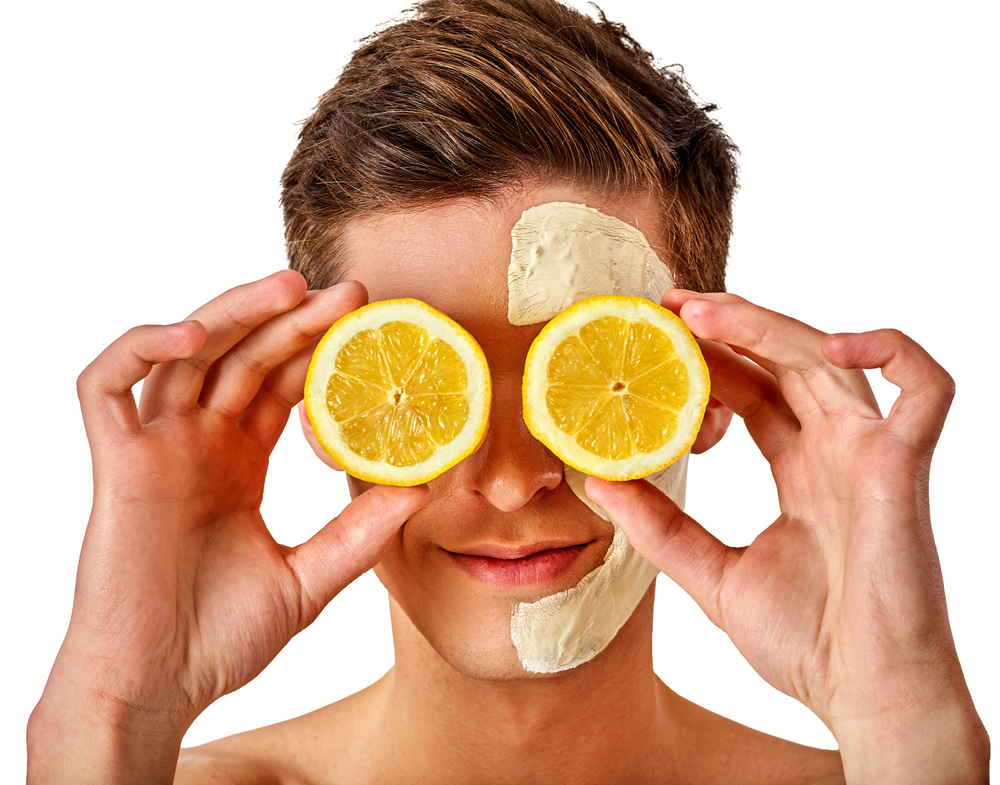
We are here to provide you with a selection of some of the best natural ingredients for your skin.
Keep Those Chemicals Away
Before you find out about all those natural ingredients your skin could benefit from – we should explain why chemicals are bad (aside from all the obvious reasons). The chemicals you introduce to your skin can easily create an imbalance. The fillers and alkaline substances in chemical formulations strip the skin of natural elements like oils, leaving it exposed to infection and UV damage.
Toxins and detergents are absorbed by the skin and while they may produce impressive superficial effects, they build up over time and block the skin. Eventually, they prevent it from breathing and self-cleaning properly. Other chemicals remain on the surface of the skin, collect dust and dirt.
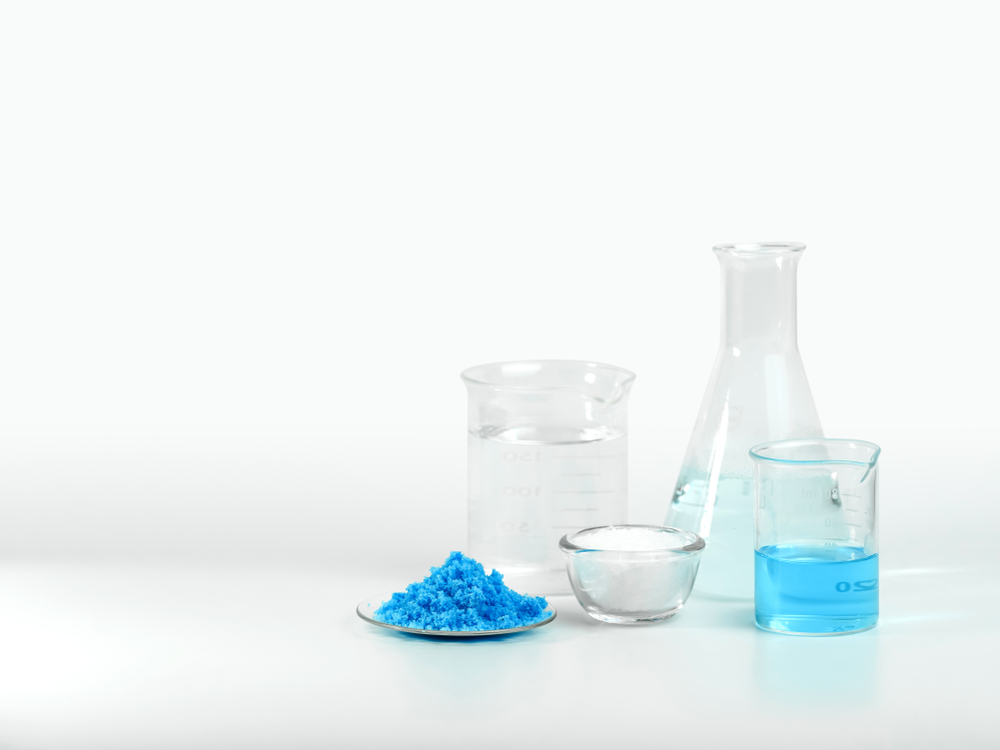
Other chemicals remain on the surface of the skin, collect dust and dirt.
Why Go Natural?
The best natural ingredients engage with and revitalize the natural mechanisms of your skin. Vitamin C, for example, increases collagen production and improves oxygen and blood flow. The results are tighter and stronger skin, achieved by a boost to the natural mechanisms of your skin.
Natural ingredients are – naturally – gentler. Organic formulations avoid unnecessary fillers and thus go easier on your skin. Even though their immediate, short-term results may not be as quick, in the long run, their gentler nature results in better skin health. There is not enough research on the side effects of synthetic skincare products to say whether or not they are safe for us as individuals and as a species. Natural products raise no such concerns.
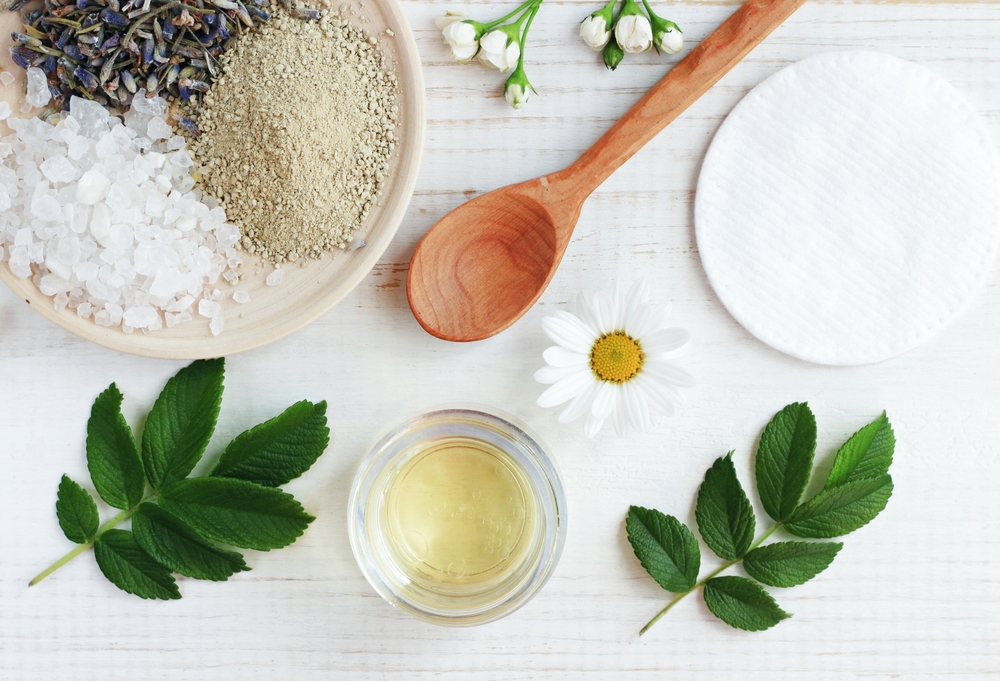
Organic formulations avoid unnecessary fillers and thus go easier on your skin.
V is for Vitamin
A variety of vitamins are good for your skin. Vitamin E is right next to Vitamin C at the top of the most acclaimed vitamins in the skincare industry. Vitamin E provides vital protection from UV rays by neutralizing free radicals. It helps the skin retain its natural moisture and enhances cell regeneration, smoothing out wrinkles and boosting overall skin health. Like its partner Vitamin C, it helps boost the production of collagen. Collagen, of course, is a protein that plays a key role in skin structure and keeps the skin young, and supple.
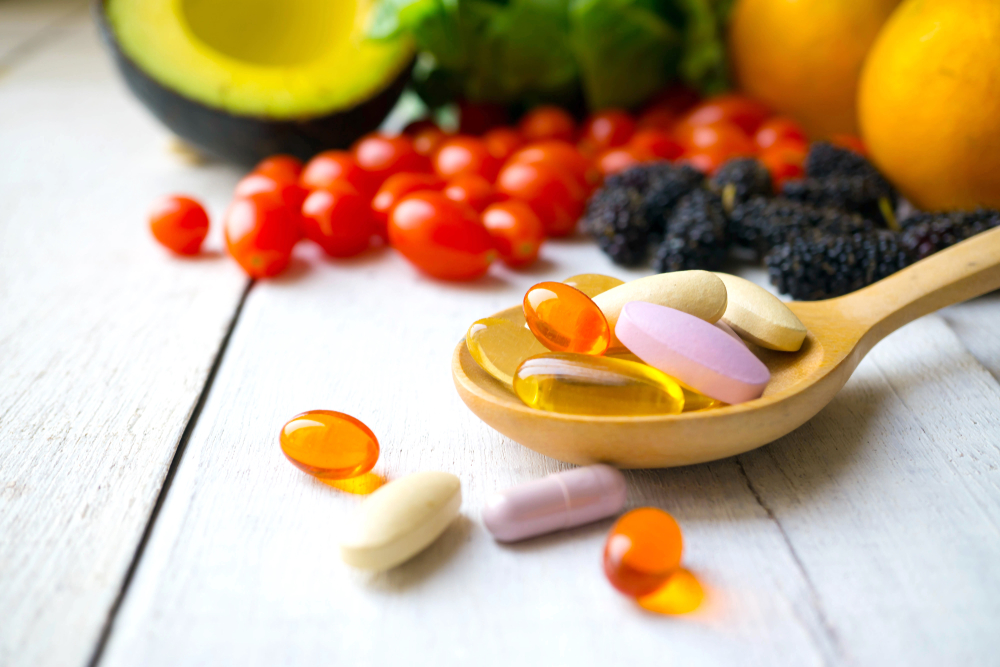
Vitamin E provides vital protection from UV rays by neutralizing free radicals.
Vital Aloe Vera
More vital vitamins can be found in the very versatile succulent plant: Aloe Vera. It grows all over the world and is one of the most frequently used in various products. The plant is rich in biologically active natural ingredients, like Vitamins C, B1, B2, B6. It contains a variety of acids, like salicylic and amino acids, enzymes, phenolic and phytochemical compounds, glycoprotein, and choline. It has potent healing properties, reducing skin inflammation, sunburns, wounds, insect bites, infections. Aloe Vera hydrates the skin and replenishes it with essential vitamins and minerals. Given its potency, moderate use is advised.
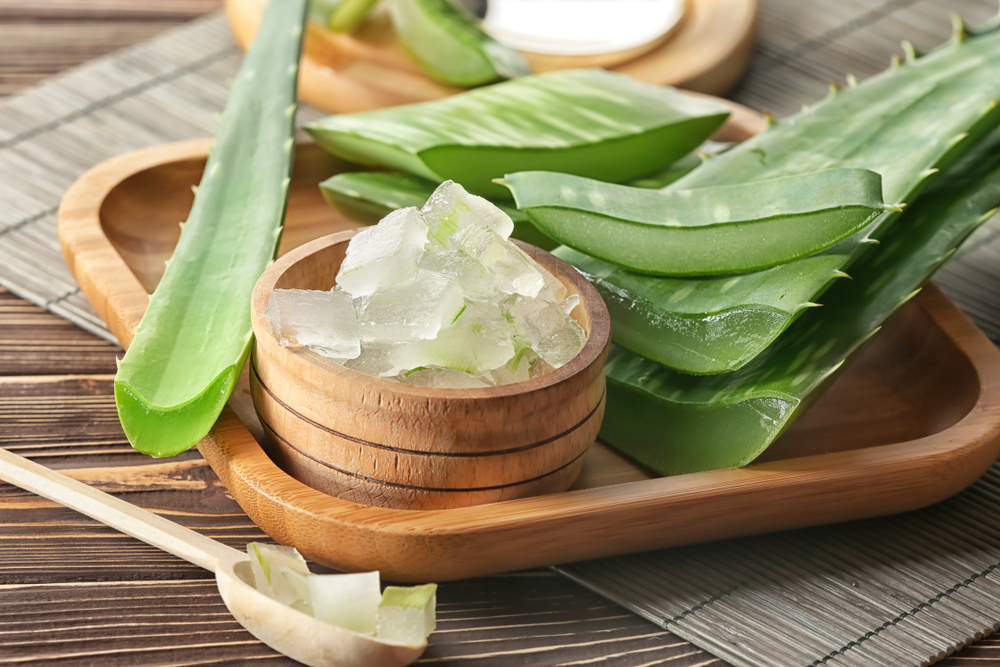
More vital vitamins can be found in the very versatile succulent plant: Aloe Vera.
Shea Butter Means Sheer Beauty
Shea butter has fatty acids and a powerful hydrating effect on the driest skin. It’s extracted from the nut of the Shea tree and is one of the most popular ingredients in moisturizers. Fatty acids have an anti-inflammatory, soothing effect, especially effective in treating eczema, psoriasis, and a range of other skin conditions. It’s highly recommended for people with sensitive skin because it rarely causes allergies. It also provides protection from ultraviolet rays. Shea butter is another rich source of vitamins A, E, and F. It’s also known for its emollient properties: its tree-nut oils soak into the skin, creating a smooth fine layer that keeps the moisture in the skin.
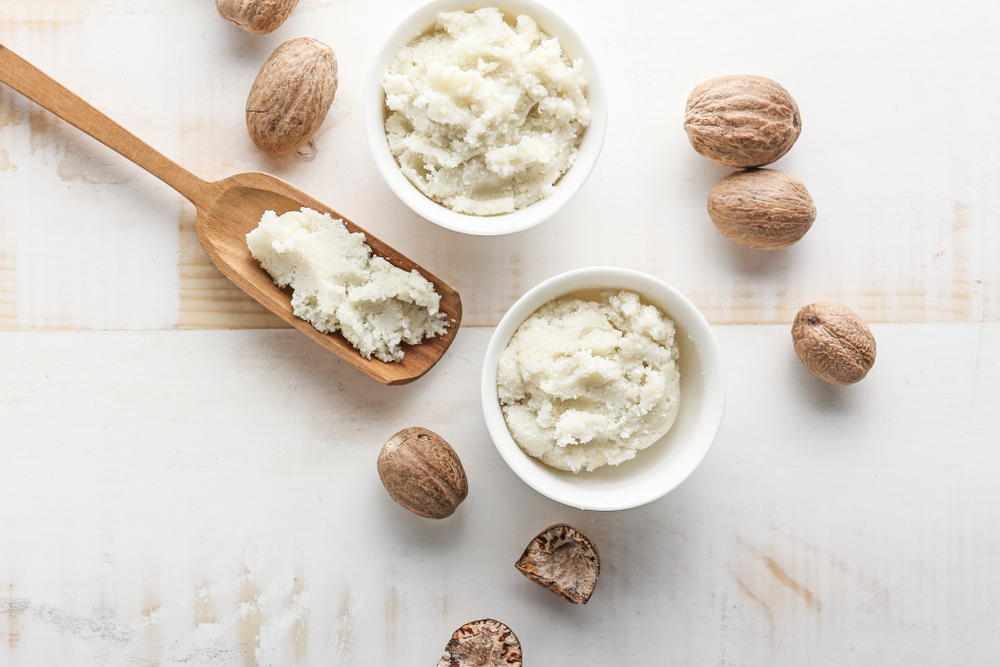
Shea butter has fatty acids and a powerful hydrating effect on the driest skin.
Follow the Red and Orange Path
Not only leafy greens but red, orange, and yellow fruit and vegetables pack vital nutrients. Pumpkins, sweet potatoes, and carrots contain beta carotene – a pigment that gives a range of plants their rich, vibrant hues. Beta carotene is a nutrient the body converts to Vitamin A. Our eye health, immune system, and skin depend on this vitamin. It’s vital for protection against UV rays, helps heal wounds, boosts skin regeneration. Beta carotene is a great antioxidant that protects the body and skin from free radicals. Place your bet on beta carotene in oranges, apricots, peaches, spinach, lettuce, tomatoes, broccoli, and cantaloupe.

Beta carotene is a nutrient the body converts to Vitamin A.
Hemp Seed Oil
One of a range of oils often used in skincare products, it should not be confused with hash oil (made from the cannabis flower). Hemp oil is produced by pressing hemp seeds. Dark to light green in color, it’s a fantastic source of both beta carotene and vitamins (A, B, B1, C and E). It’s rich in essential amino acids, calcium, sodium, iron, proteins, and more. Hemp seed oil boosts the skin’s natural functions and has antioxidant properties. A natural humectant, it’s preserves moisture in the upper layer of the skin.
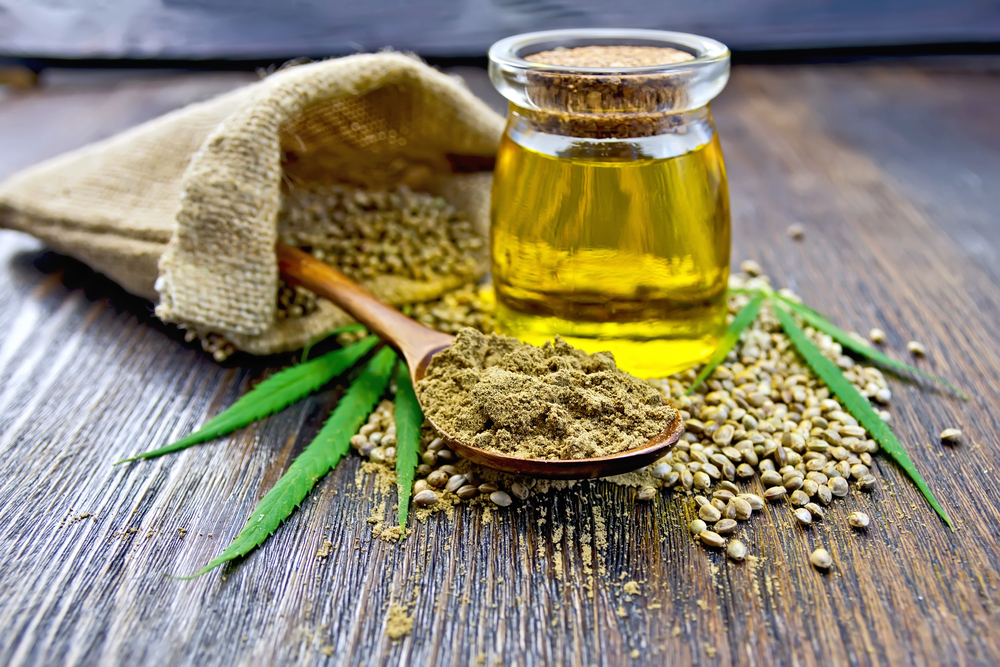
Dark to light green in color, it’s a fantastic source of both beta carotene and vitamins.
Natural Wins Every Day, We Like to Say
These are some of the really fine natural ingredients with potent and long-term benefits for your skin. There’s plenty to learn about the positive affects of natural ingredients and formuals. Particle is committed to products that bring about lasting results naturally, without harm to the body and the environment.

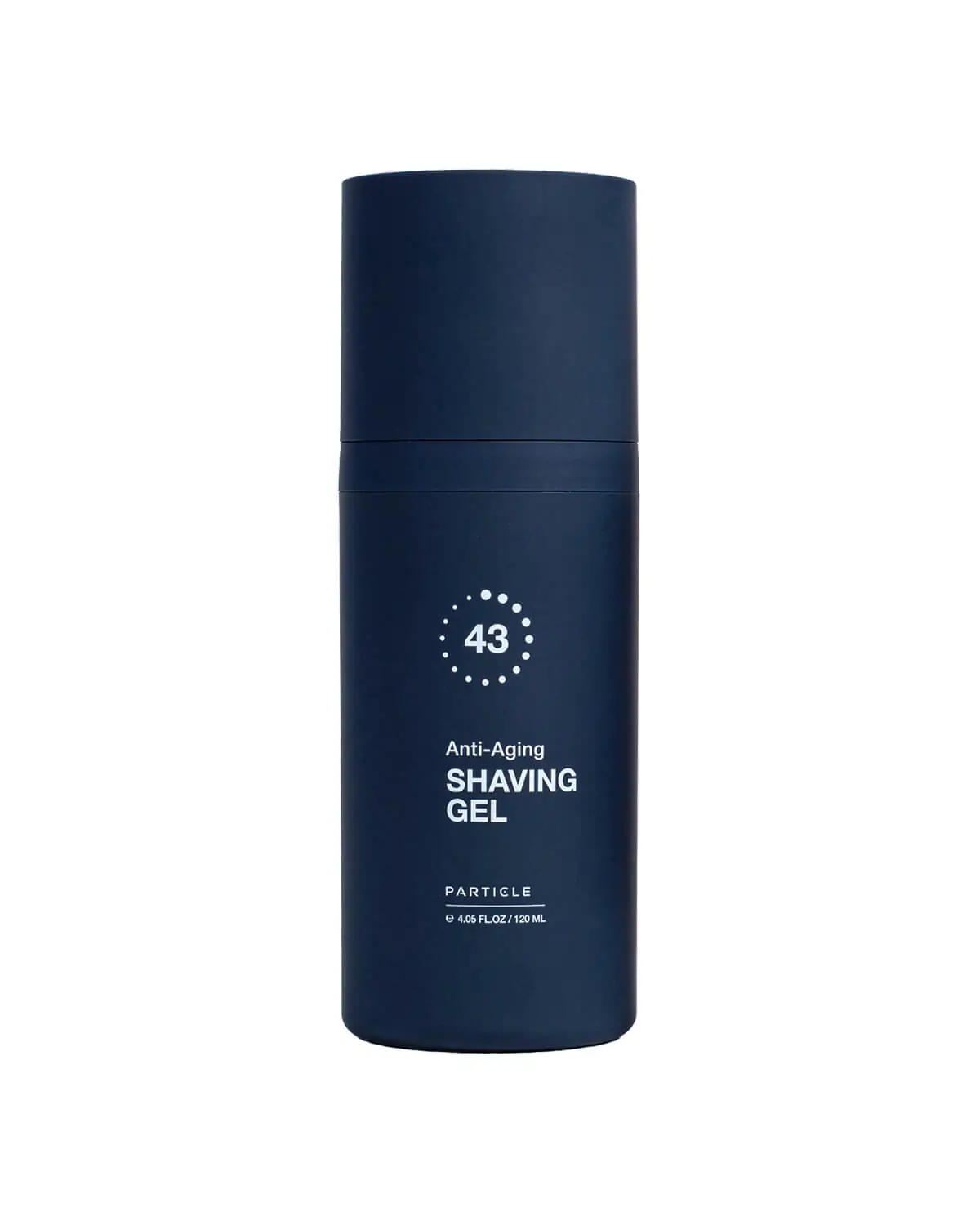
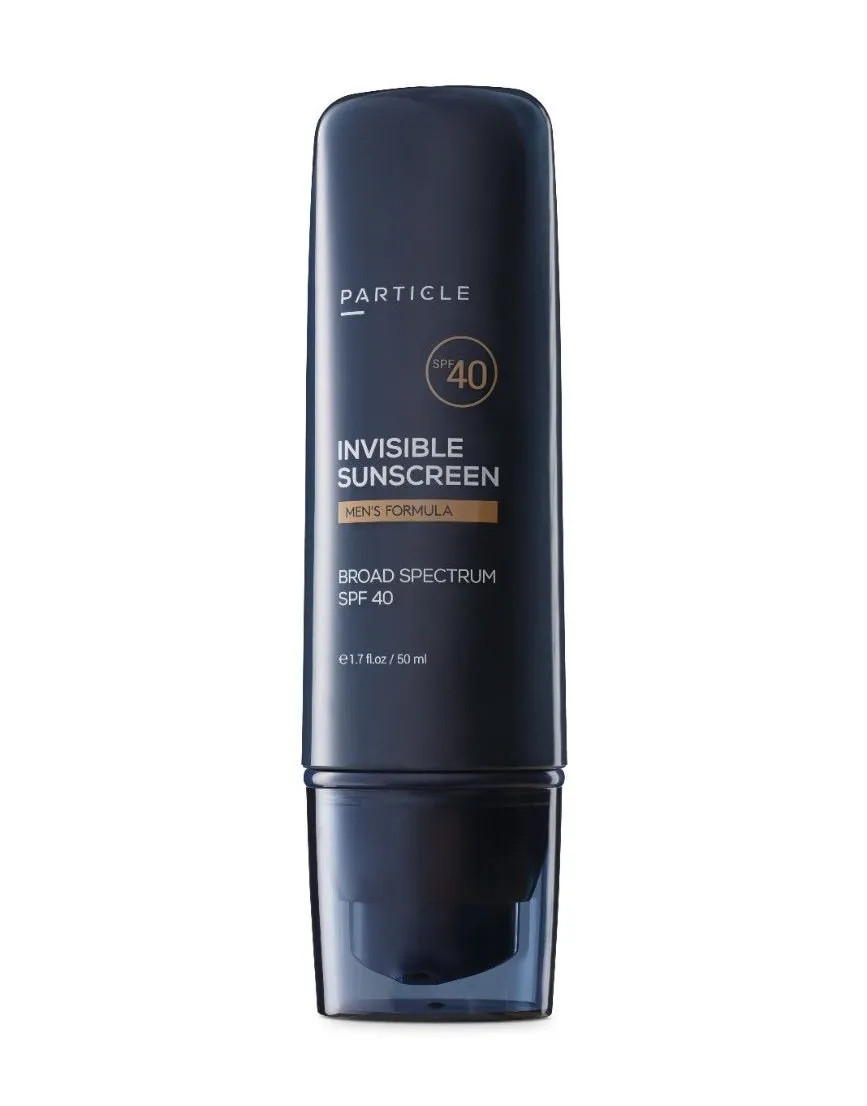
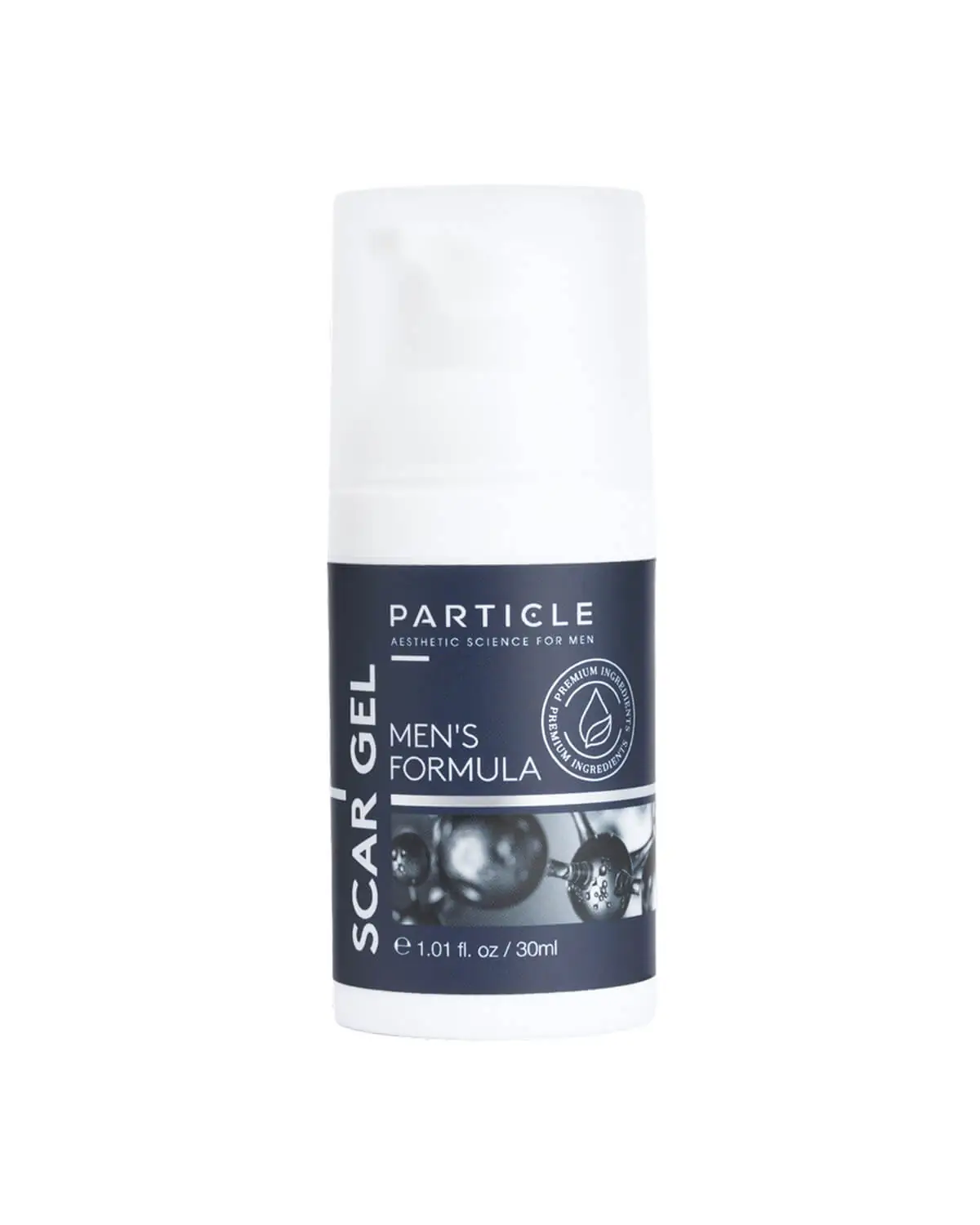
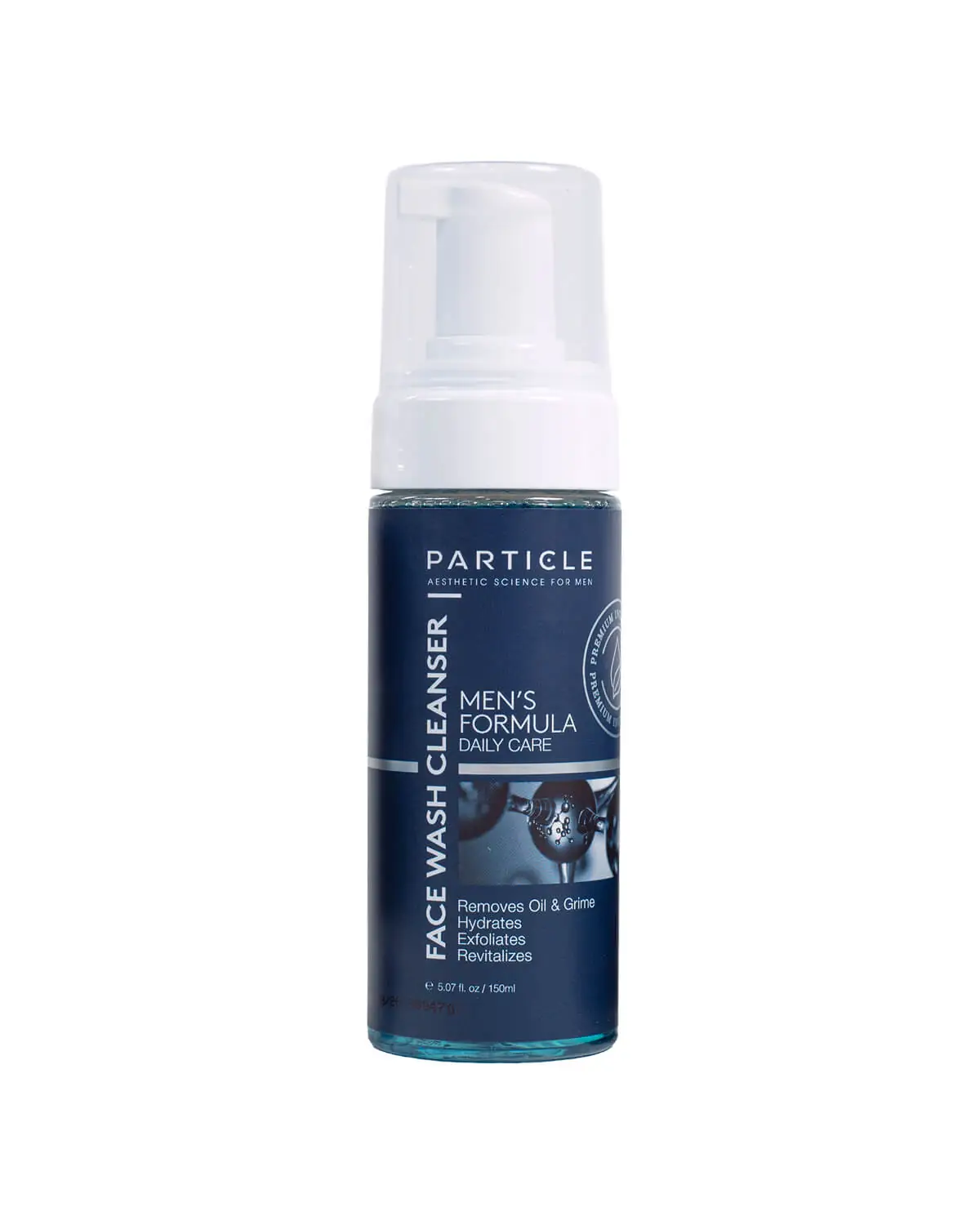
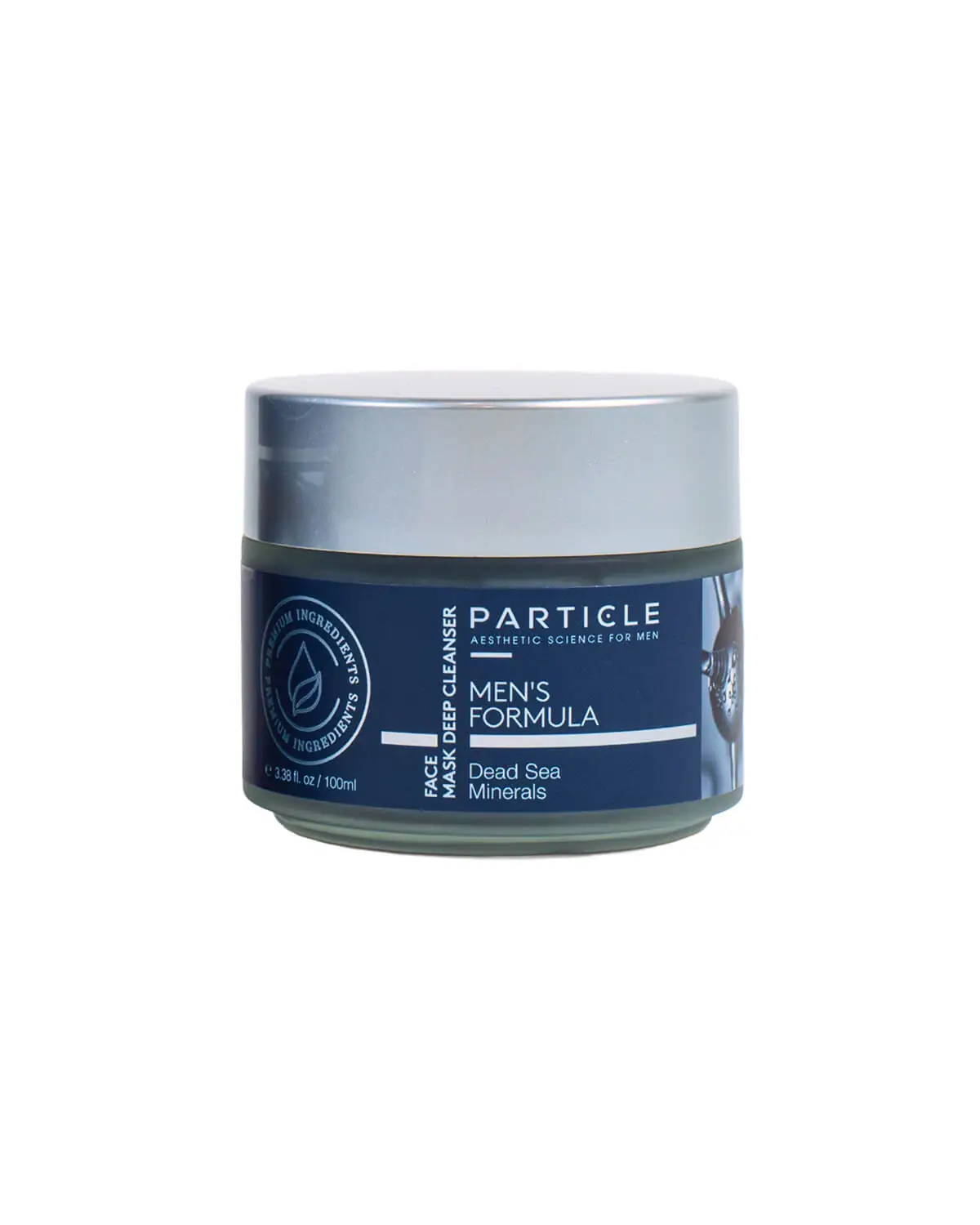
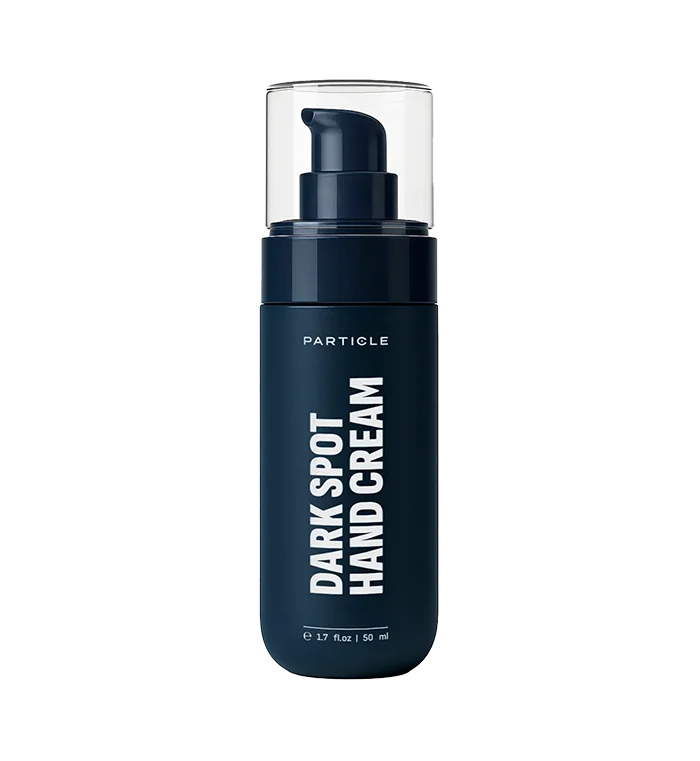
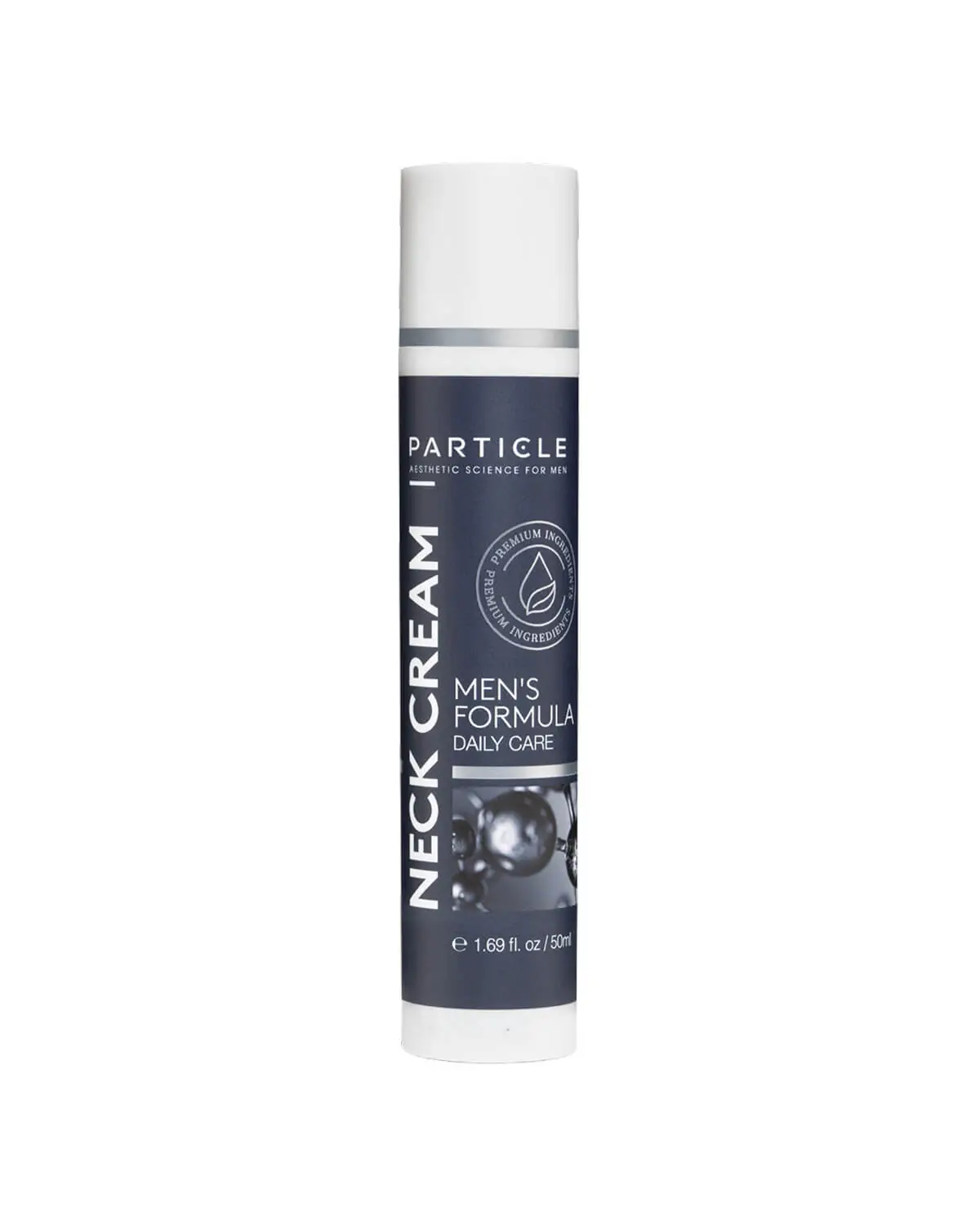
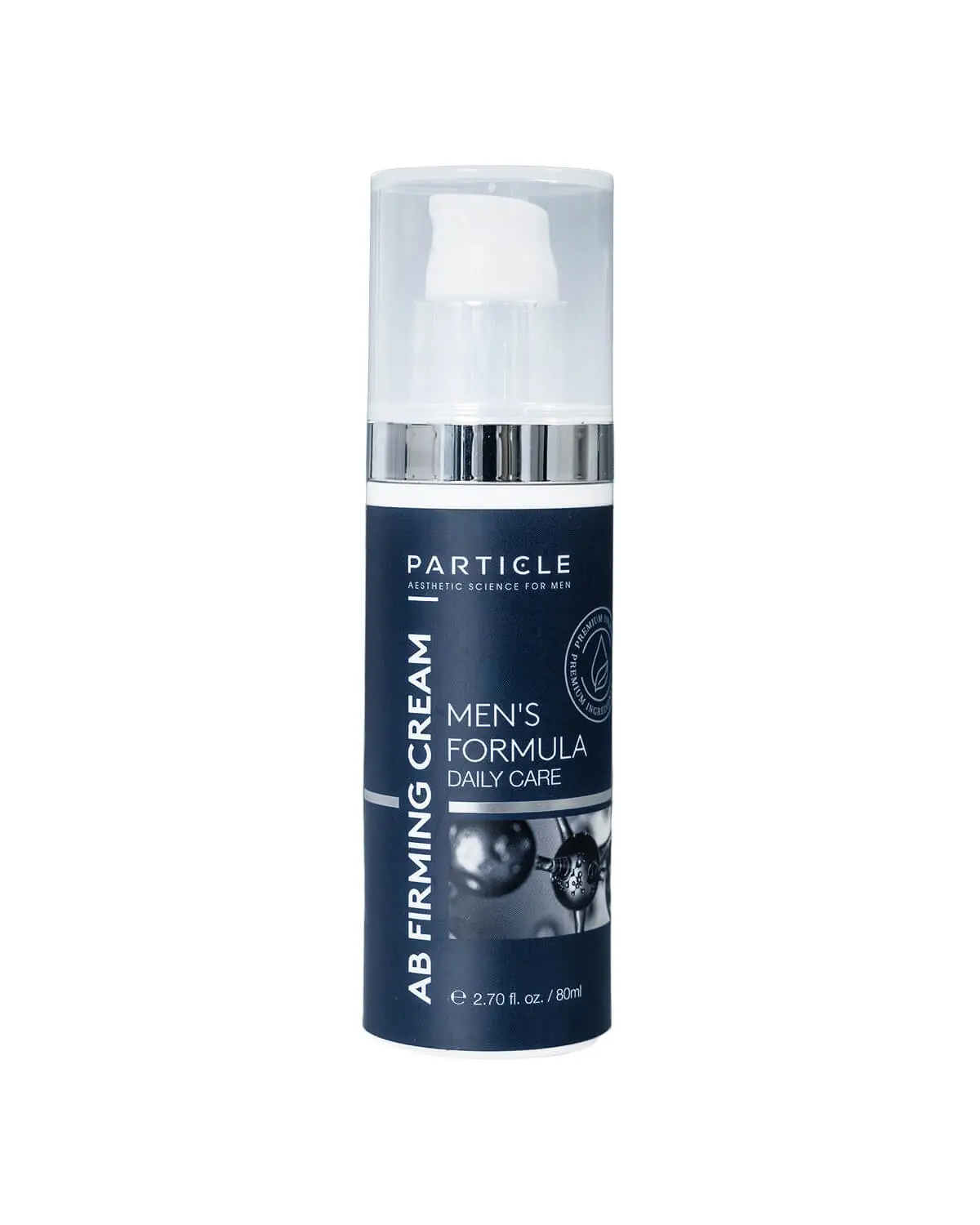
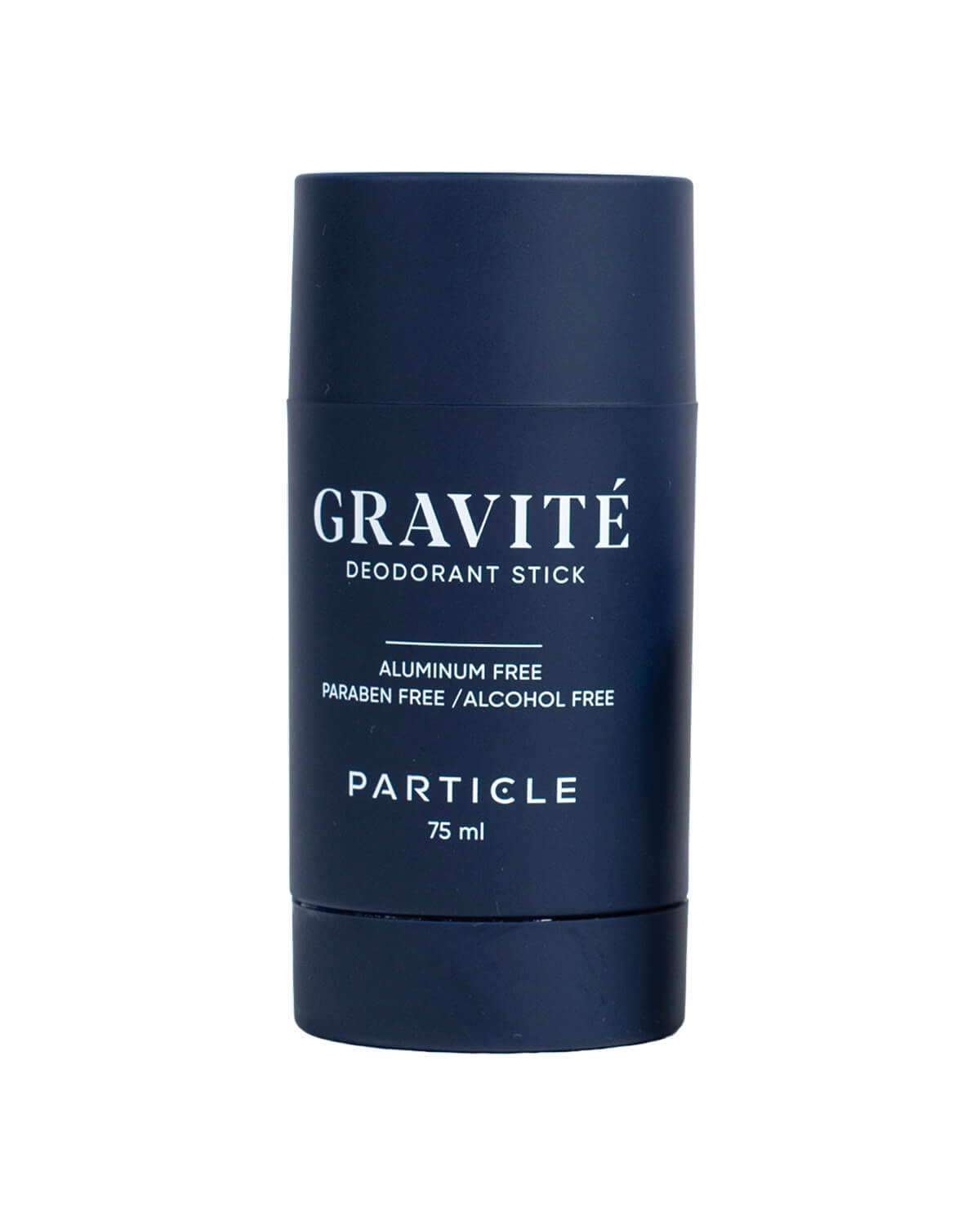
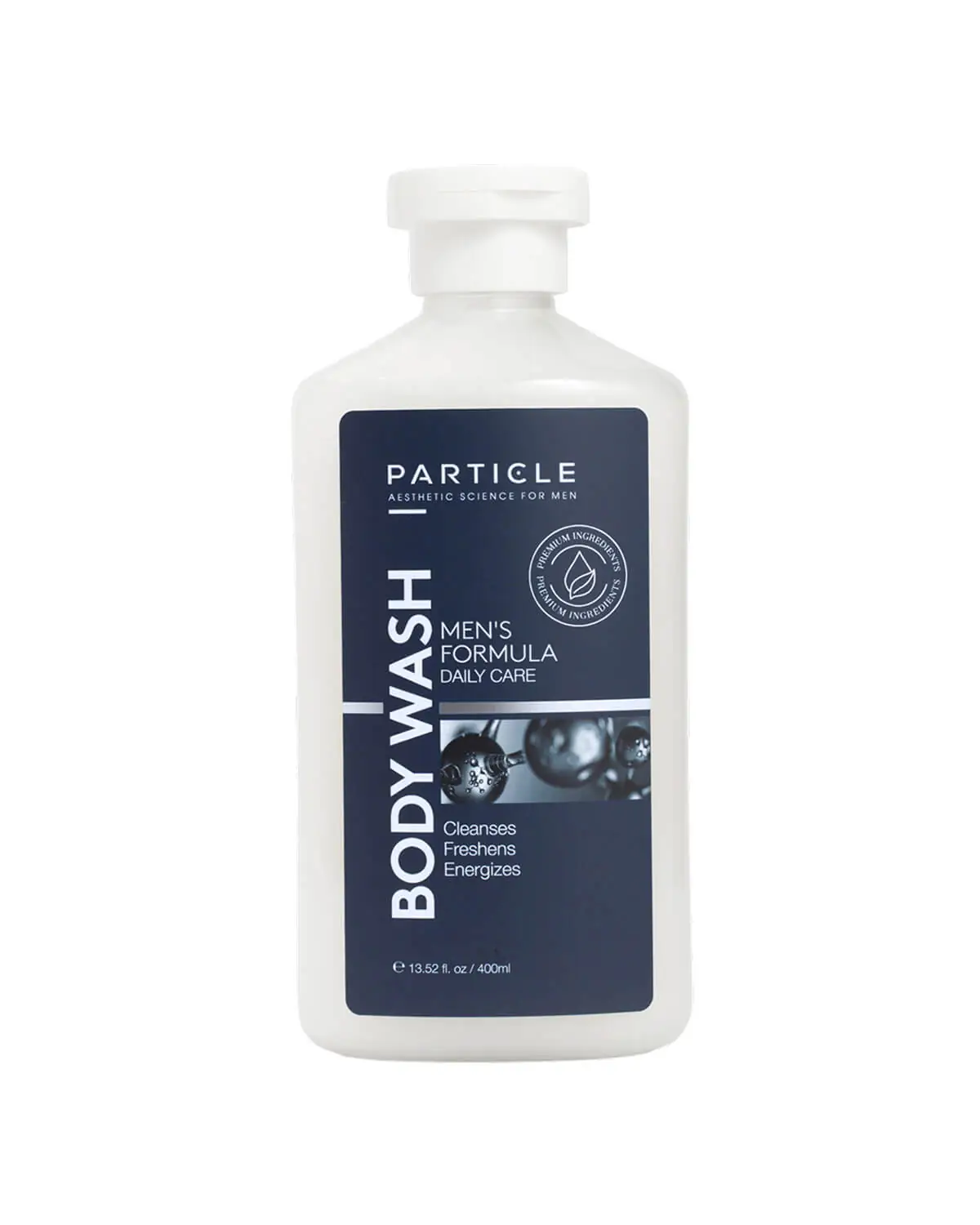
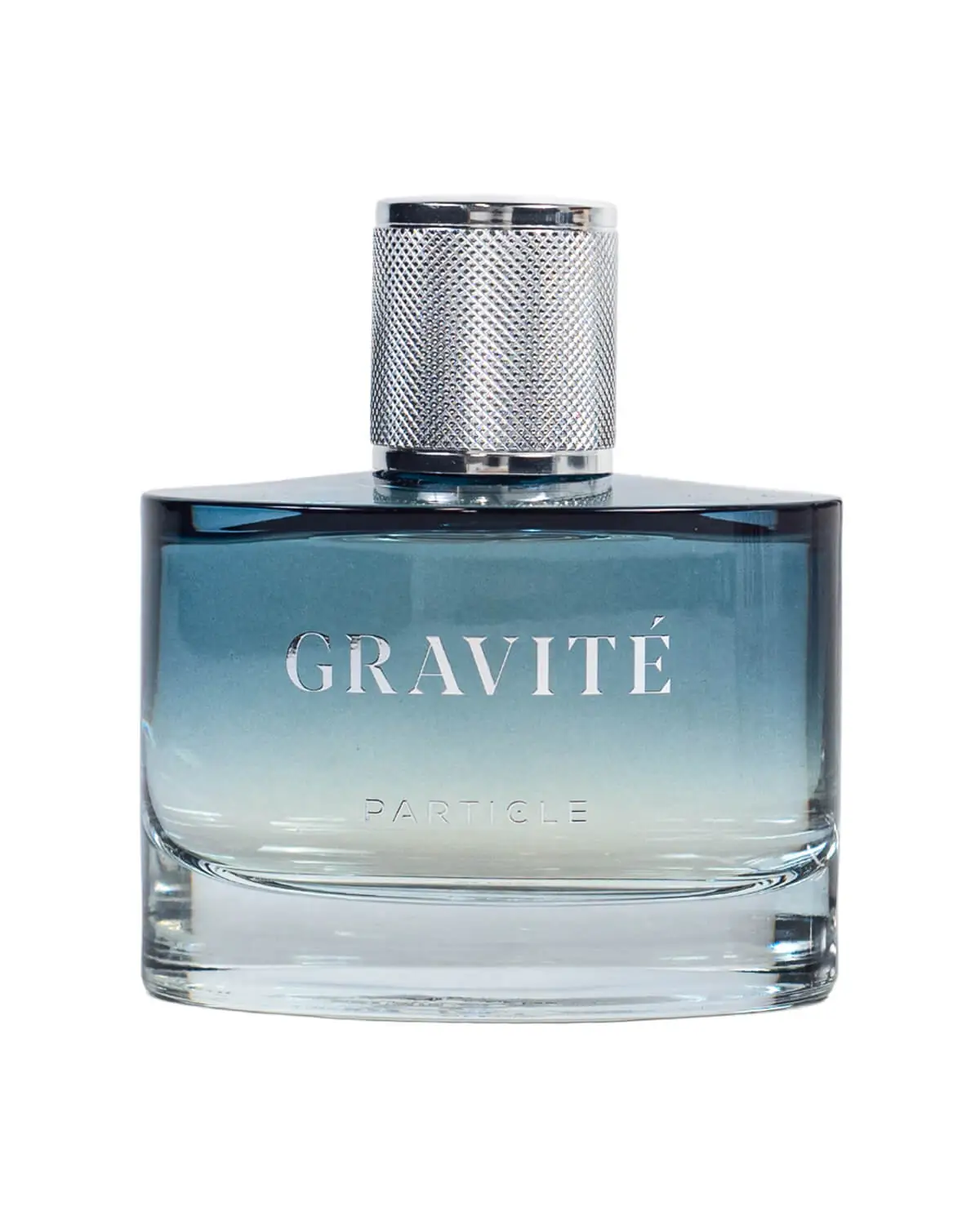
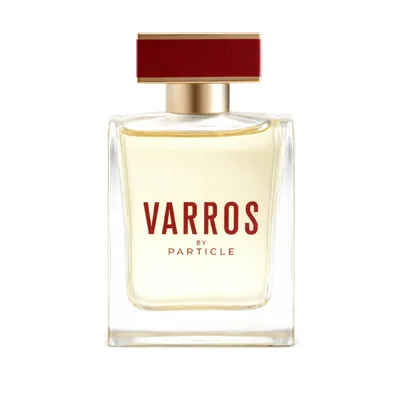
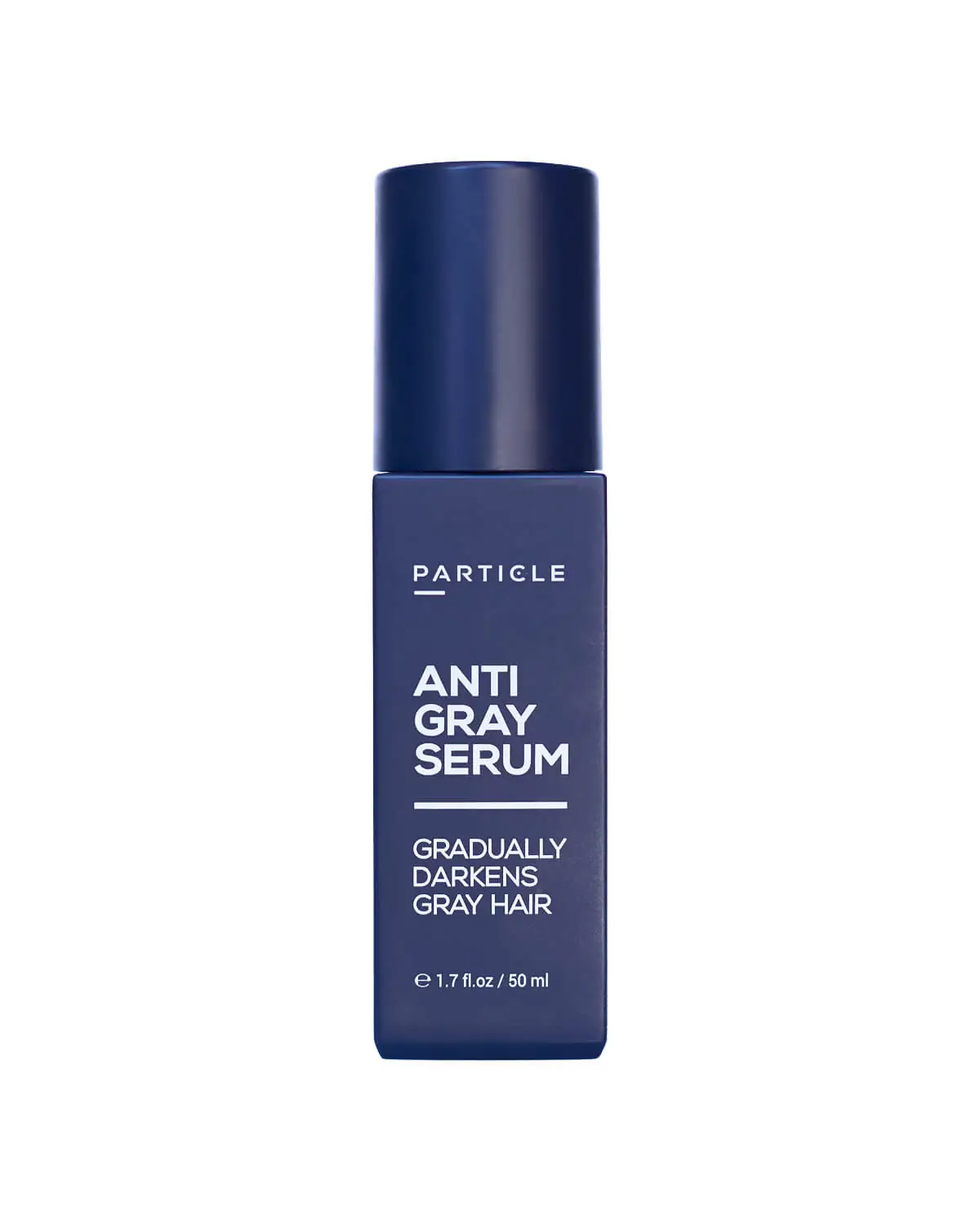
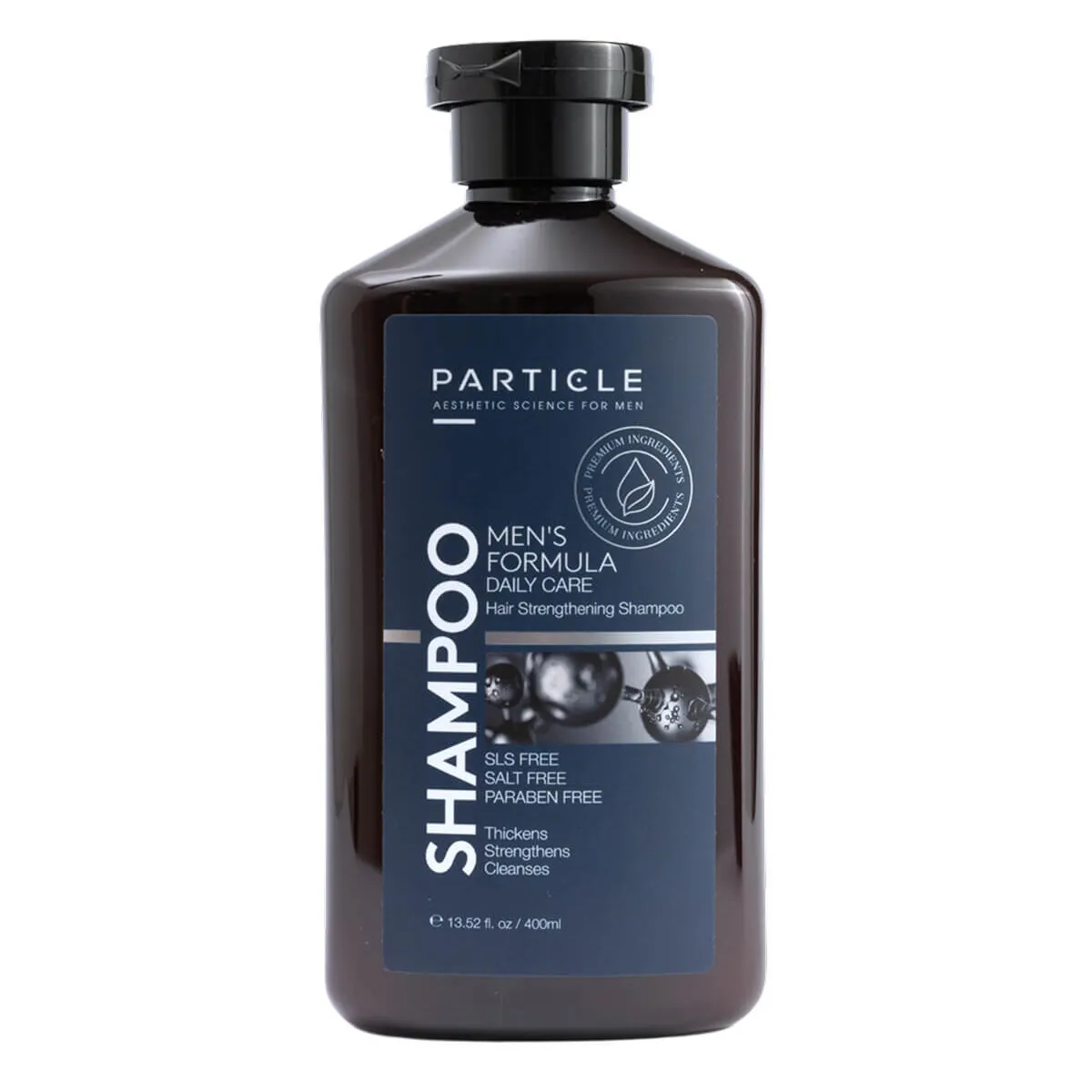
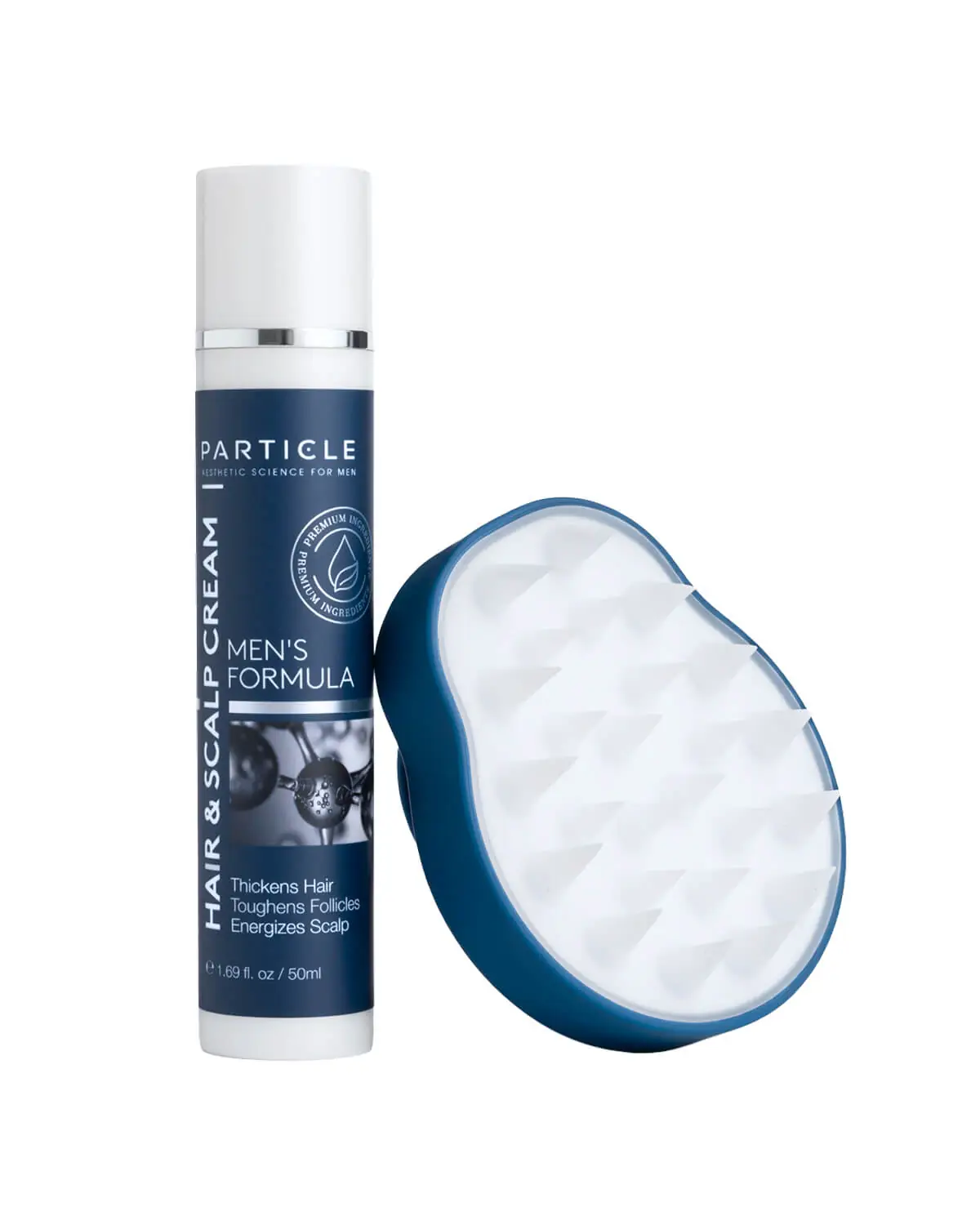
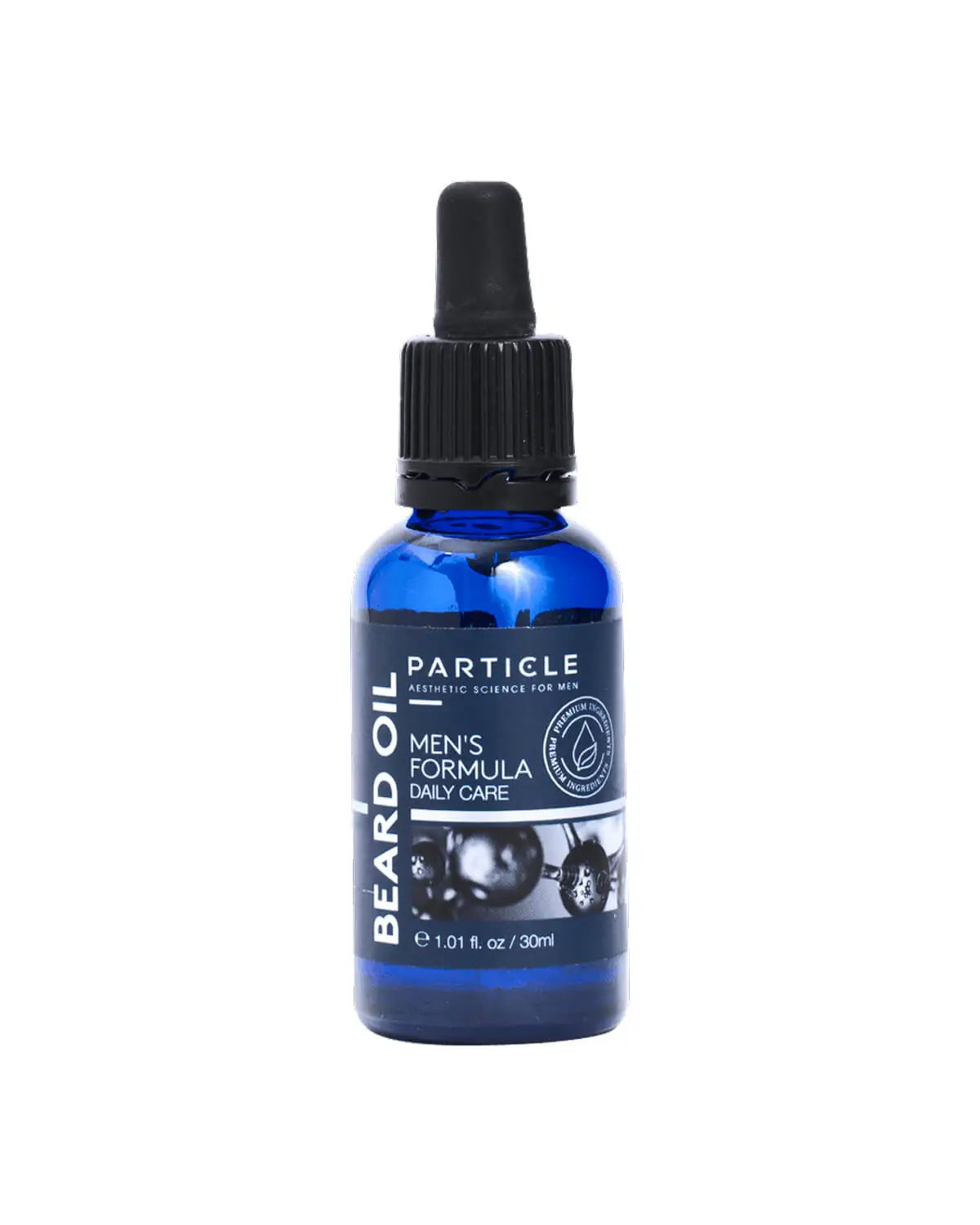
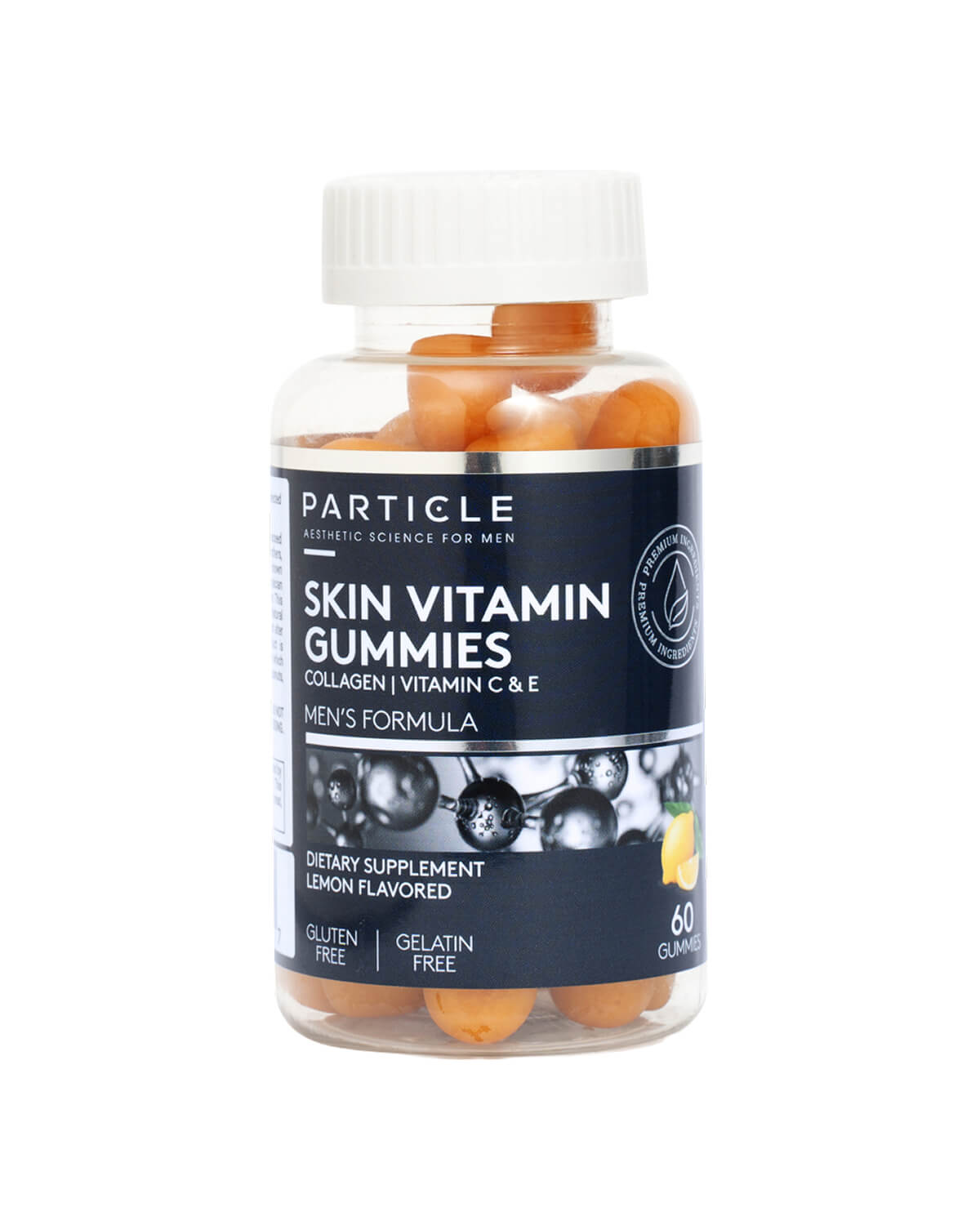
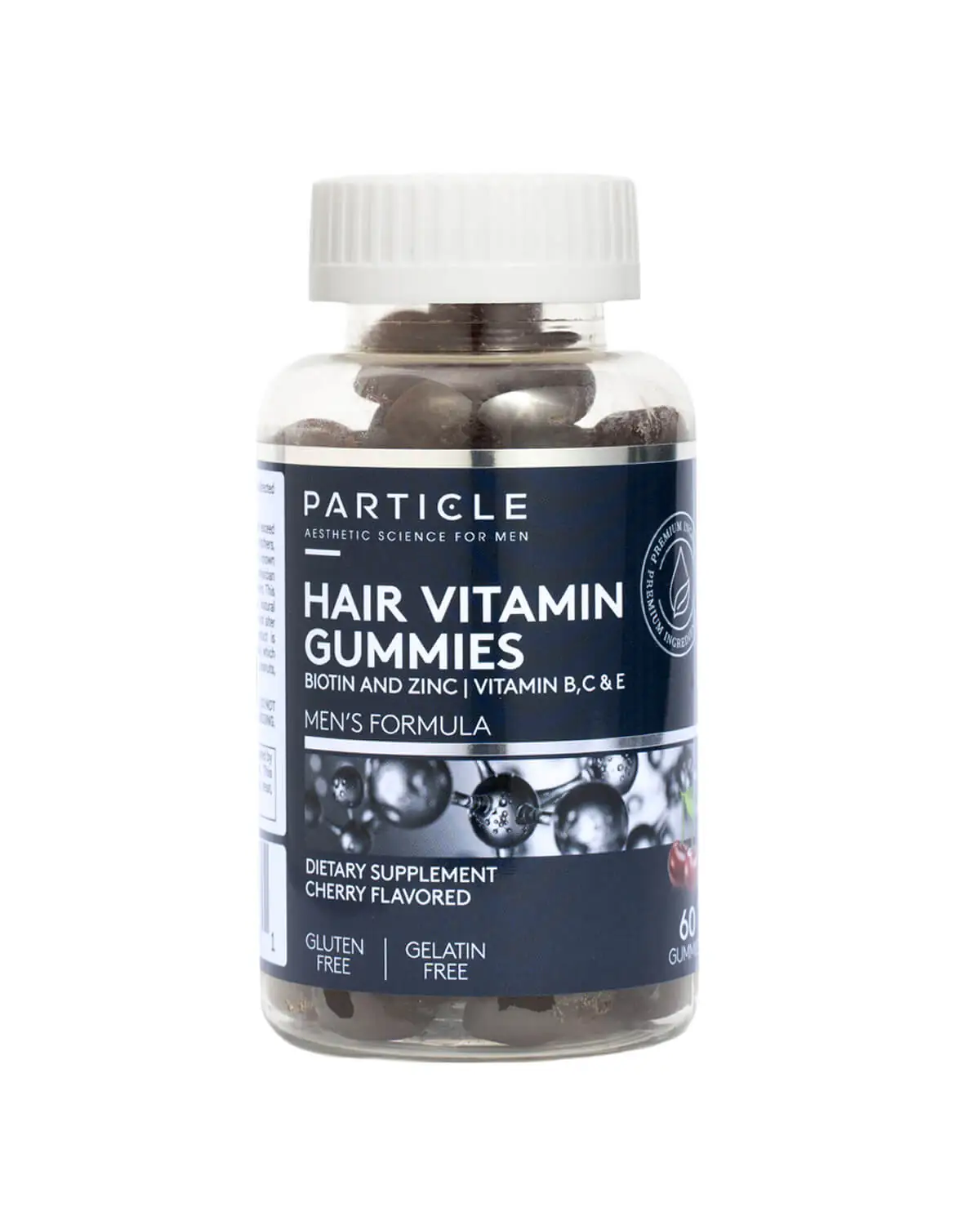
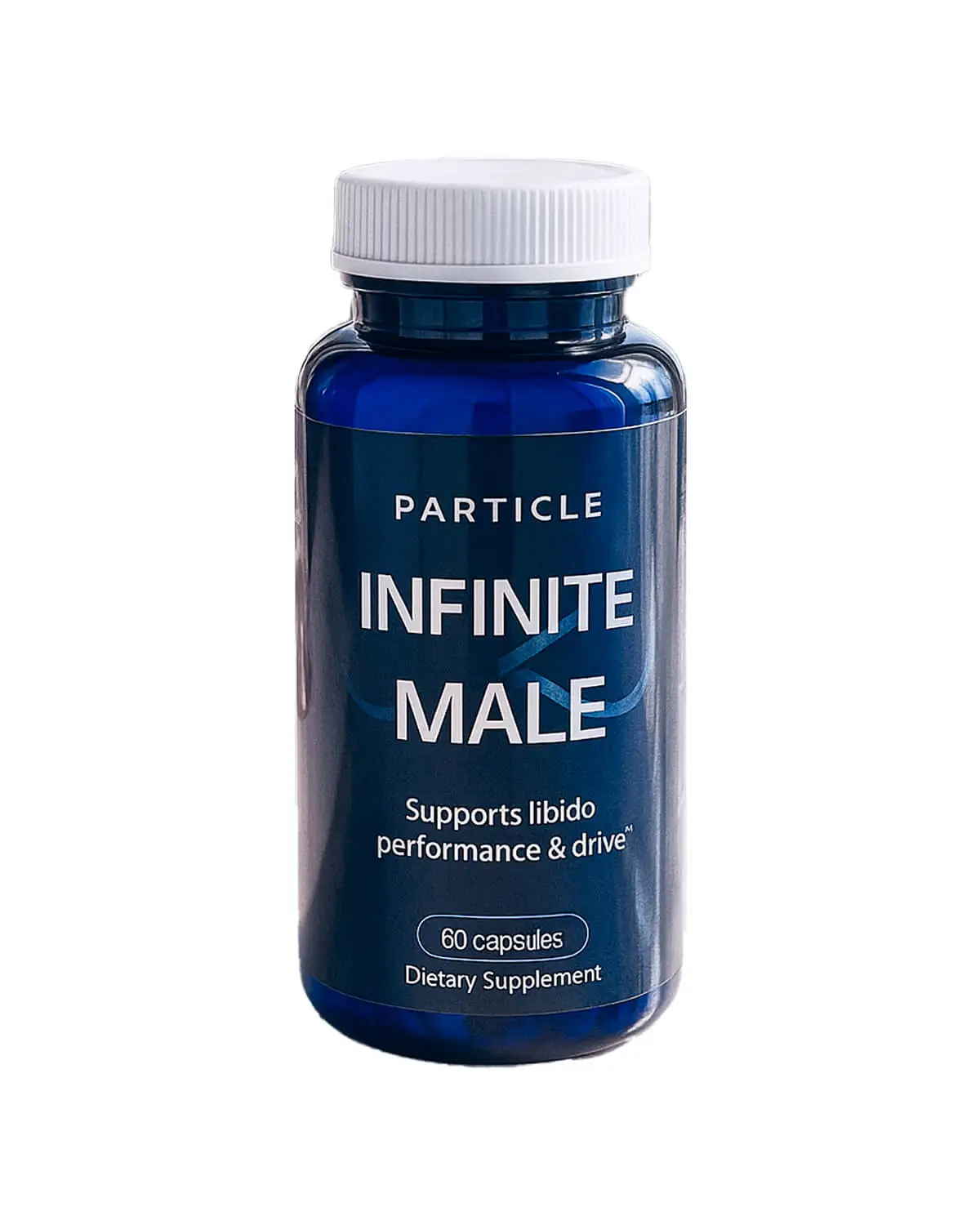

 en
en














